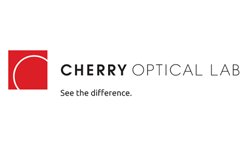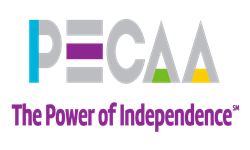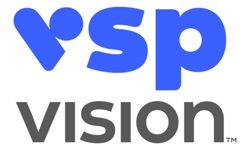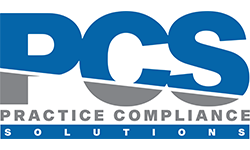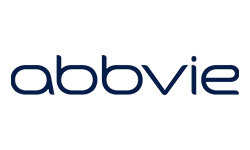- Approved Drug List for Pennsylvania Optometrists
- Federal Regulatory Issues
- Legislative Affairs Committee Reports
- Licensure
- Obtaining a DEA Number
- PA Sales and Use/Tax Sales Tax Exemption Certificate
- Pennsylvania Optometric Practice Act
- State Board of Optometry Rules and Regulations
- Resource Guide for the New Optometrist
Pennsylvania's Optometric Practice Act
The practice of optometry in Pennsylvania is defined by both statue and regulation.
The Pennsylvania Optometric Practice and Licensure Act, last amended in 2020, is the statute enacted by the General Assembly of the Commonwealth of Pennsylvania that defines the practice of optometry. The Pennsylvania State Board of Optometry further defines the practice of optometry through regulation in the Pennsylvania Code, Title 49 (Professional and Vocational Standards), Chapter 23 (State Board of Optometry).
Pennsylvania Optometric Practice Act - Link to State Portal
Pennsylvania Optometric Practice & Licensure Act
Licensure Information
To practice in Pennsylvania, optometrists must hold a Doctor of Optometry degree and be licensed by the Pennsylvania Board of Optometry.
Drugs Approved for Use by Optometrists
The Pennsylvania Board of Optometry approves drugs that may be used by optometrists, which are printed in The Pennsylvania Bulletin.
Act 99
On October 29, 2020, Governor Tom Wolf signed Act 99 (House Bill 2561), which provides an amendment to the state's Optometric Practice and Licensure Act. The amendment expands the ability of optometrists to examine, diagnose, and treat patients, and gives the State Board of Optometry sole authority to set optometric formulary. Act 99 includes:
- Optometrists can now treat all forms of glaucoma, including narrow-angle glaucoma with topical and/or oral medications.
- Optometrists can now treat dry eye and allergies without the need to consult with a licensed physician after six weeks of continuous treatment.
- The ability to prescribe codeine, hydrocodone, and other combinations has been restored, however, limited to a 72-hour duration.
- Optometrists may use epinephrine auto-injectors for the treatment of anaphylaxis.
- The State Board of Optometry has been given the exclusive right to manage and determine optometric formulary in Pennsylvania.
- Optometrists may order and interpret OCT-A.

